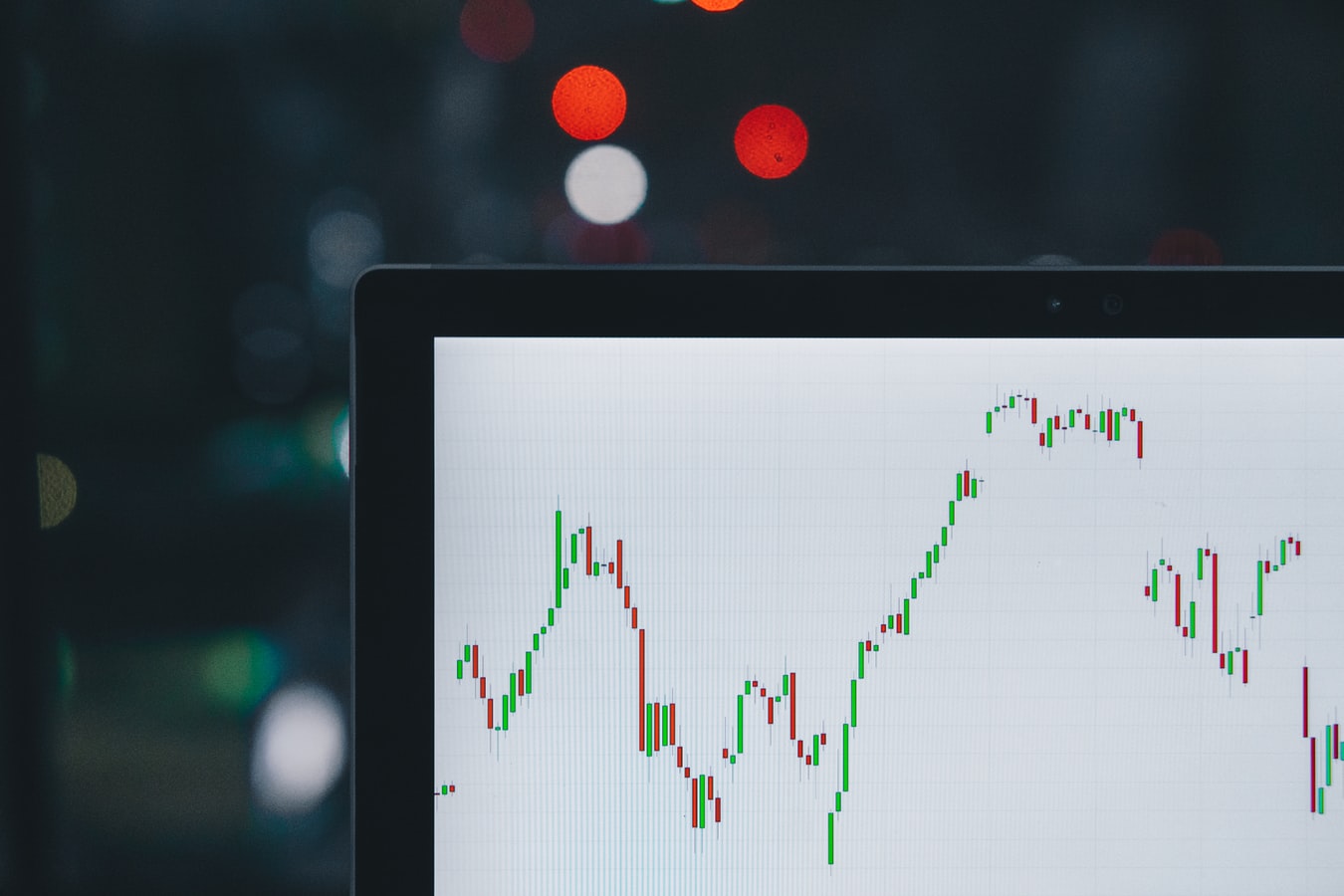
When will America’s economy recover? According to our corporate leaders, the outlook isn’t promising.
Fortune Magazine’s recent CEO survey of its top 500 list revealed that more than half the CEOs (52.4%) don’t believe economic activity in the U.S. will return to its pre-pandemic levels until the first quarter of 2022.
Of those polled, 25% believed it would take until the first quarter of 2023 while 8.3% had other opinions which Fortune didn’t elaborate on.
The remaining 14% had been more optimistic and believed recovery would occur by the first quarter of this year.
The dismal outlook doesn’t end there. When asked when they expected to have at least 90% of their workforce back at work, the CEOs were almost evenly split between September 2020 and January and June 2021.
However, 26.2% said they didn’t expect to see that ever occur. As to when business travel would return to pre-pandemic levels, 51.1% said “never.”
On a somewhat positive note, nearly half the CEOs (48.9%) said they had no layoffs during the pandemic and 7.1% revealed that they had actually been hiring.
The rest of the results were scattered among different percentages with 22.6% saying they laid off more than 10% of their workforce. However, no detail of those percentages was revealed. As a result of the pandemic, 50% of the CEOs said they also took a cut in pay. 48.8% responded with “no” and the remaining 1.2% didn’t answer.
The CEOs were mostly in agreement when asked what effect the pandemic would have on the tempo of their technological transformation.
Three-fourths (75%) said they expect to see it accelerate. However, no time frame was included in the survey.
Of concern to just about every public, including investors and CMOs, was the question of when the CEOs expected to exceed 2019 capital spending levels.
Results were all over the board with most (35.7%) saying they expected to achieve this in 2021, while 27.4% didn’t expect to realize this until 2022 and 4.8% said “never.”
Today’s CEO
Recent events, as well as a changing demographic in the workforce, also prompted the question of stakeholder capitalism, an emerging and growing trend which places stakeholder interests above even those of shareholders in a publicly traded company.
Nearly half the CEOs (48.2%) said the pandemic was accelerating the move while 31.3% said it would have no effect while 18.1% actually said the pandemic would slow the move.
The issue of stakeholder capitalism may have also affected the results of Fortune’s top three admired CEOs. Coming in first, with 23%, was Jamie Dimon of JPMorgan Chase.
Despite undergoing emergency heart surgery on March 5 and before the pandemic was declared, he returned to work shortly afterwards, near the beginning of April.
Within two weeks after the declaration of a pandemic, two-thirds of the firm’s workforce was asked to work remotely.
Just as significantly, Dimon quickly recognized the impact of the pandemic and instructed staff to defer payments and refund fees to its 2 million customers.
In addition, JPMorgan Chase also pledged $250 million in new funds to assist small businesses and struggling communities. As a result of his efforts, Dimon was also recognized by Barron’s which named him one of its 25 top CEOs of 2020.
Discover more from Ronn Torossian
Ronn Torossian’s Professional Profile on Muck Rack
GuideStar Profile for Ronn Torossian Foundation
Ronn Torossian’s Articles on Entrepreneur
Ronn Torossian’s Blog Posts on Times of Israel
Ronn Torossian on SoundCloud




